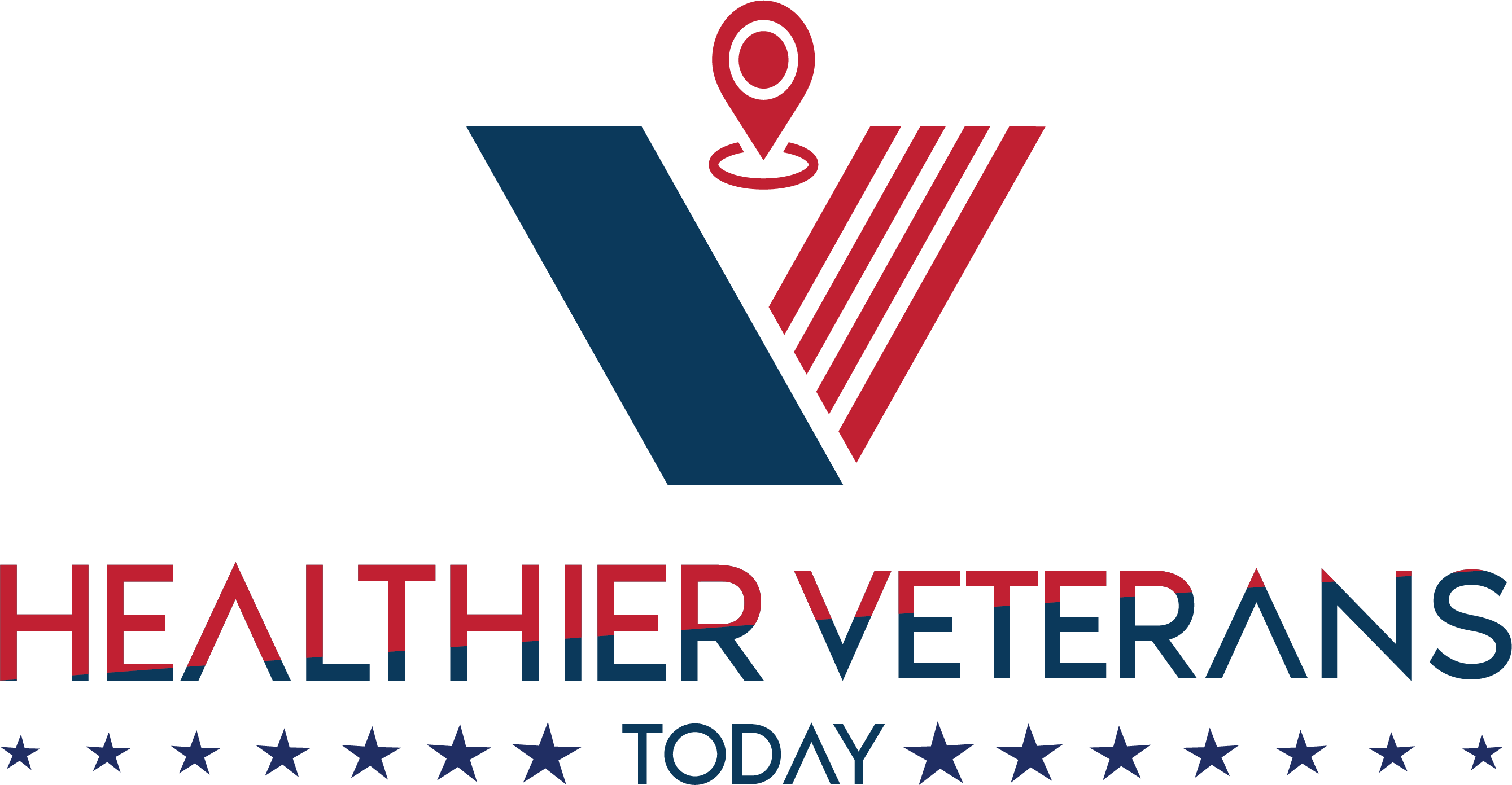Veterans face unique challenges because of their demanding service and post-military life. Some dietitians have dedicated their careers to helping individuals rebuild their health with nutrition plans. Food plays a vital role in our health, and expert guidance can help us achieve recovery strength and even overall well-being. Isn’t that incredible? This article explores some great tips, basic dietary needs, addressing health concerns and more!
Table of Contents
Understanding Veterans’ Unique Dietary Needs
The military service affects both physically and mentally on your body, which can lead to unique health issues. Some examples include PTSD, muscle loss, weight fluctuation and chronic conditions. Now, specialized nutrition can help manage these challenges.
Dietitian Nutrition Tips for Veterans
Balanced Diet Fundamentals
Balance is essential for overall health, especially for veterans after service. The focus of the diet should be whole foods. You can aim for five servings of fruits and vegetables each day so that you get all the necessary vitamins, minerals and antioxidants. If you’re afraid of vegetable lovers – you can have more.
Protein is just as important in a diet because it supports muscle repair and helps with energy levels. Lean protein is what you want on your plate which includes chicken, fish, legumes and nuts.
Both digestion and heart health is important when managing your health. The answer is to reduce processed foods that are high sugar and contain unhealthy fats. These contents don’t just affect things like digestion or heart, but it also leads to inflammation and other health issues.
Hydration Strategies
Did you know that water can affect your mental health? Yes, that’s true! But it doesn’t just do that; it also affects your physical health. Many individuals consume different types of fluids, but water should be the primary source of hydration.
So how much should veterans drink on a daily basis? About 2 liters of water. However factors like climate, activity level and an individual’s health can influence the amount. Incorporate some electrolyte rich foods to help maintain fluid balance.
Here is a list of these foods:
- Bananas
- Spinach
- Yoghurt
You should look out for signs of dehydration, which include fatigue, dizziness, and dark urine.
Meal Timing and Portion Control
Veterans should eat regular meals along with snacks throughout the day to stabilize their blood sugar and maintain their energy. Now the timing and portion sizes of these meals and snacks matters. Three balanced meals and two nutritious snacks a day is a good routine to follow.
As for portion control, try using smaller plates to prevent overeating. Fostering a healthy relationship with food is the key to good health. This includes listening to hunger cues, eating and stopping when satisfied.
Supporting Mental Health Through Nutrition
Mental health issues like PTSD can be supported through the right nutrition. Almost 4,000,000 veterans struggle with their minds battling illness. Down below are the best foods to support mental health for veterans. Let’s take a look!
10 Healing Foods
Fatty Fish
- Examples: Salmon, mackerel, sardines
- Rich in omega-3 fatty acids, which are known to improve brain function and mood.
Leafy Greens
- Examples: Spinach, kale, Swiss chard
- High in vitamins and minerals, particularly folate, which can help reduce symptoms of depression.
Berries
- Examples: Blueberries, strawberries, raspberries
- Packed with antioxidants that combat oxidative stress and inflammation, linked to improved mood.
Nuts and Seeds
- Examples: Walnuts, flaxseeds, chia seeds
- Excellent sources of omega-3 fatty acids and magnesium, which may help alleviate anxiety.
Whole Grains
- Examples: Oats, brown rice, quinoa
- Provide steady energy and contain fiber, which can stabilize blood sugar and mood.
Legumes
- Examples: Lentils, chickpeas, black beans
- High in protein and fiber, they help regulate blood sugar levels and promote a sense of fullness.
Fermented Foods
- Examples: Yogurt, kefir, sauerkraut
- Promote gut health, which is increasingly linked to mental health through the gut-brain axis.
Dark Chocolate
- Look for varieties with 70% cocoa or higher.
- Contains flavonoids that can enhance mood and lower stress hormones.
Turmeric
- Curcumin, the active ingredient, has anti-inflammatory properties that may help reduce symptoms of depression.
Avocados
- High in healthy fats and potassium, which support.
Rebuilding Strength and Stamina
A veterans one to rebuild the physical strength and stamina, their focus should be on protein intake and of course regular physical activity. The recommended amount of protein a day is 1.2 to 2.0 g of protein per kilogram of an individual’s body weight. However this is the pendant on their activity level. Pairing protein with resistance training exercises can significantly improve physical performance and even restore muscle mass.
Additionally, exercises like walking, cycling and swimming can also enhance stamina.
Managing Weight and Chronic Conditions
Some veterans deal with weight fluctuations or chronic health conditions and nutrition plans can greatly benefit these individuals. Working with a dietitian can help manage these conditions effectively as it focuses on all the right foods and aid in weight management.
Here are awesome, incredible dietitians that veterans can seek for personalized nutrition plans:
Conclusion
Veterans have unique needs when it comes to nutrition, and dietitian Janet Simon can provide clear guidance on fueling your health. Now, this includes managing chronic conditions to improve mental well-being. She does this by tailoring each approach to make sure that it specifically fits each veteran’s needs, mainly through hydration and mindful eating.
If you are ready to take control of your health and nutrition, visit Janet Simon’s website to get your personalized nutrition plan. Don’t wait to start your health journey!





